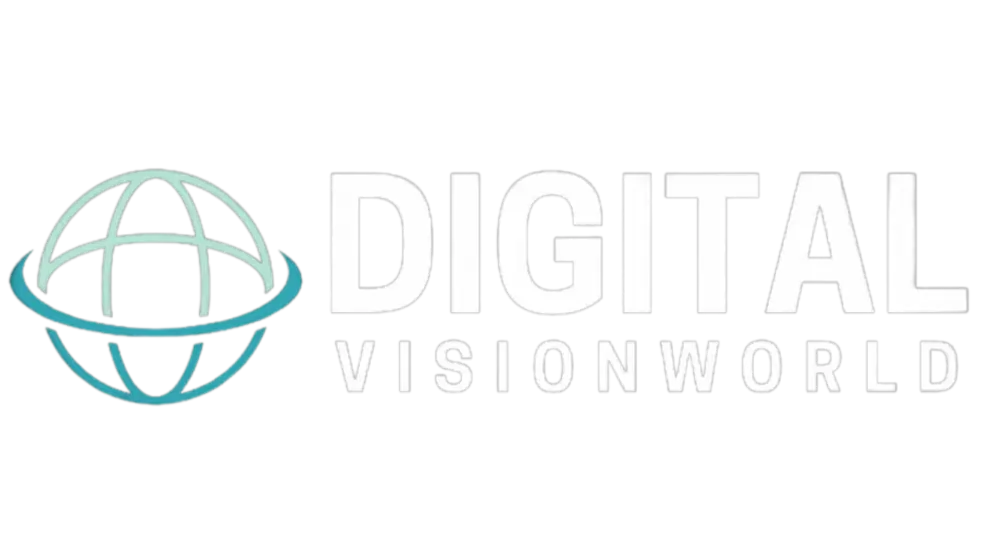Coffee Shop Business Plan: Your Roadmap to Success

Starting a coffee shop is a goal cherished by many ambitious entrepreneurs. The enticing aroma of freshly brewed coffee, the cozy ambiance, and the chance to create a community hub are undeniably appealing. However, turning this vision into a successful reality requires more than passion, it demands a well-thought-out coffee shop business plan. This essential document outlines goals, identifies your target market, projects financial outcomes, and lays down strategies for growth. Below, we’ll explore why a business plan is critical and provide practical tips to help you get started.
The Importance of a Coffee Shop Business Plan
A business plan is far more than a formal document, it is a strategic guide that shapes decisions and actions. Here’s why crafting one is crucial:
Clarifying Goals and Objectives
A business plan helps articulate your vision clearly. Are you aiming to establish a boutique coffee shop with artisanal blends, or do you want to open a high-traffic, budget-friendly chain? By defining short-term and long-term objectives, you create a clear roadmap that aligns with your ultimate goals.
Identifying Your Target Market
Understanding your audience is critical for success. Are you catering to working professionals, university students, or local families? A business plan allows you to conduct thorough market research, enabling you to tailor your offerings, marketing, and location to suit the preferences of your ideal customers.
Financial Planning and Funding
One of the most critical aspects of running a coffee shop is managing finances. A business plan helps you estimate startup costs, forecast revenue, and calculate your break-even point. Such insights are invaluable when presenting your proposal to potential investors or applying for loans.
Planning for Strategic Growth
Your business plan should evolve alongside your business. It should outline strategies for expanding operations, introducing new products, and adapting to changing market trends. This strategic foresight ensures that your coffee shop remains competitive and resilient.
Key Elements of a Comprehensive Coffee Shop Business Plan

Creating a detailed business plan requires including essential sections that address every aspect of your business.
Executive Summary
This section offers a brief overview of your business plan and should include:
- A description of your coffee shop.
- Your mission statement.
- Highlights of your financial projections.
Market Research
Market research substantiates the feasibility of your coffee shop by analyzing:
- Industry Trends: Highlight developments like the rising popularity of specialty coffee or eco-friendly cafes.
- Competitor Analysis: Identify nearby competitors, their strengths, and any gaps you can capitalize on.
- Target Audience Insights: Understand customer preferences, such as a desire for sustainable practices or specialty coffee blends.
Business Model
Your business model explains how your coffee shop will operate, including:
- The menu: Types of coffee, food, and beverages you’ll offer.
- The service style: Dine-in, takeaway, or a combination of both.
- Operational details like hours of operation and staffing needs.
Marketing Strategy
Your marketing strategy outlines how you’ll attract and retain customers. It should cover:
- Branding: Create a distinctive logo, theme, and tone for your brand.
- Promotions: Offer introductory discounts, loyalty programs, and seasonal deals.
- Digital Marketing: Utilize social media platforms, search engine optimization (SEO), and email campaigns to build an online presence.
Financial Plan
This section serves as the backbone of your business plan and should include:
- Startup Costs: Expenses like equipment, permits, interior design, and inventory.
- Revenue Forecasts: Projected daily sales, average order value, and profit margins.
- Break-even Analysis: The stage where your income matches your expenses.
- Funding Needs: The amount of capital required from investors or lenders.
Operational Plan
This ensures seamless day-to-day functioning. Include details about:
- Supplier partnerships for coffee beans, milk, and other essentials.
- Staff recruitment, training, and management.
- Compliance with health, safety, and food industry regulations.
Tips for Crafting an Effective Coffee Shop Business Plan

Be Realistic with Financial Projections
It’s easy to overestimate revenue or underestimate expenses. Use conservative estimates to create a practical and achievable plan that accounts for contingencies.
Highlight Your Unique Selling Proposition (USP)
In a competitive market, standing out is essential. Whether it’s offering ethically sourced coffee, creating an eco-friendly cafe, or fostering a unique atmosphere, emphasize what makes your coffee shop different.
Keep Your Plan Updated
A business plan is not a static document—it’s a dynamic tool. Revisit it regularly to make adjustments based on new challenges, opportunities, or market trends.
Conclusion
A business plan is a flexible resource that evolves over time. It allows you to set clear objectives, understand your market, manage finances, and strategize growth effectively. By investing time and effort into crafting a comprehensive plan, you’ll be setting your coffee shop on a path to success.
Now is the time to turn your passion for coffee into a thriving business. Begin creating your business plan today, and take the first step toward a fulfilling entrepreneurial journey.

FAQs
1. What’s the first step in creating a coffee shop business plan?
The first step is conducting market research to understand your target audience and analyze competitors. This insight forms the foundation of your business strategy.
2. How much does it cost to open a coffee shop?
Startup expenses depend on factors such as location, business size, and concept. Generally, these costs fall between $50,000 and $300,000, including equipment, licenses, and initial stock.
3. How can I make my coffee shop stand out?
Emphasize your unique selling point, such as providing specialty coffee blends, adopting eco-friendly practices, or designing a distinctive themed atmosphere. Effective branding is also a key factor in success.
4. What should I include in my financial projections?
Incorporate startup expenses, revenue projections, operational costs, and a break-even analysis. Presenting accurate and realistic numbers can attract funding and support informed decision-making.
References
- Delmar, F., & Shane, S. (2014). Planning and Performance in Startups. Journal of Business Venturing, 29(1), 62-82.
- Harvard Business Review. (2017). Do Business Plans Help Startups Succeed? Retrieved from HBR.org.
- Burns, P. (2019). The Role of Market Research in Small Business Success. Journal of Small Business Management, 57(3), 456-475.
Ready to launch your business?
Create unforgettable moments
with our expert guidance
